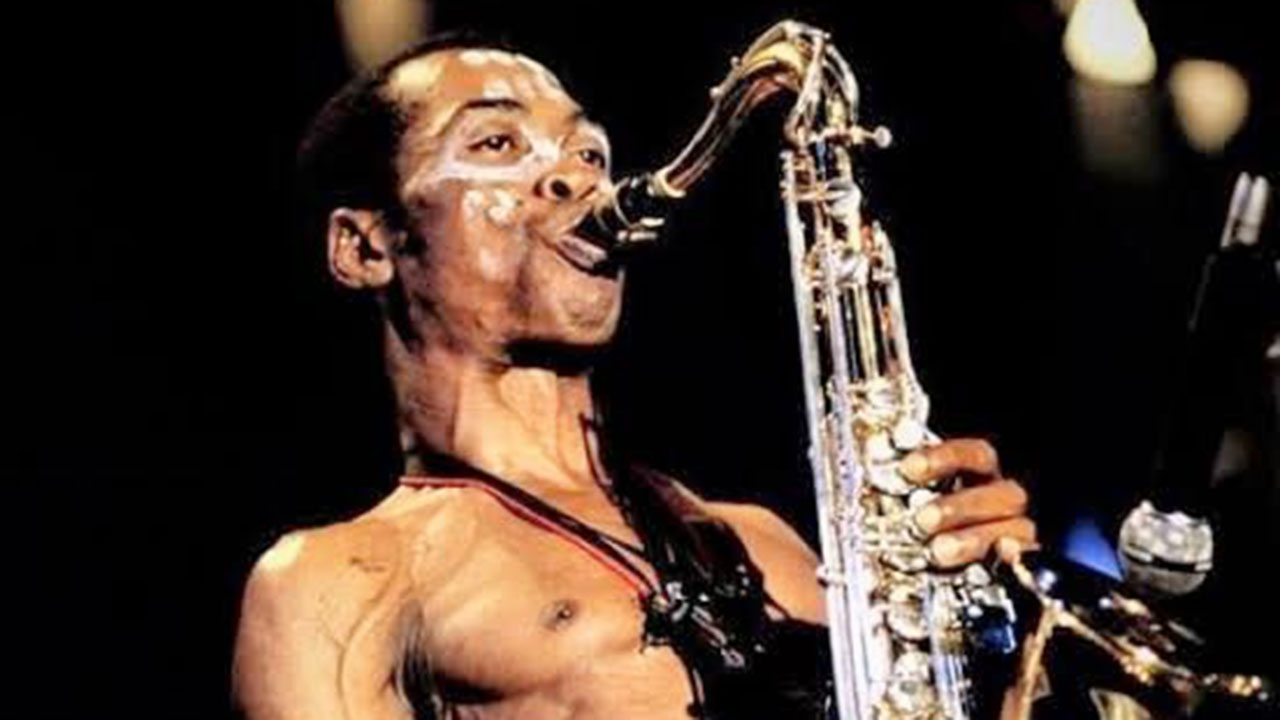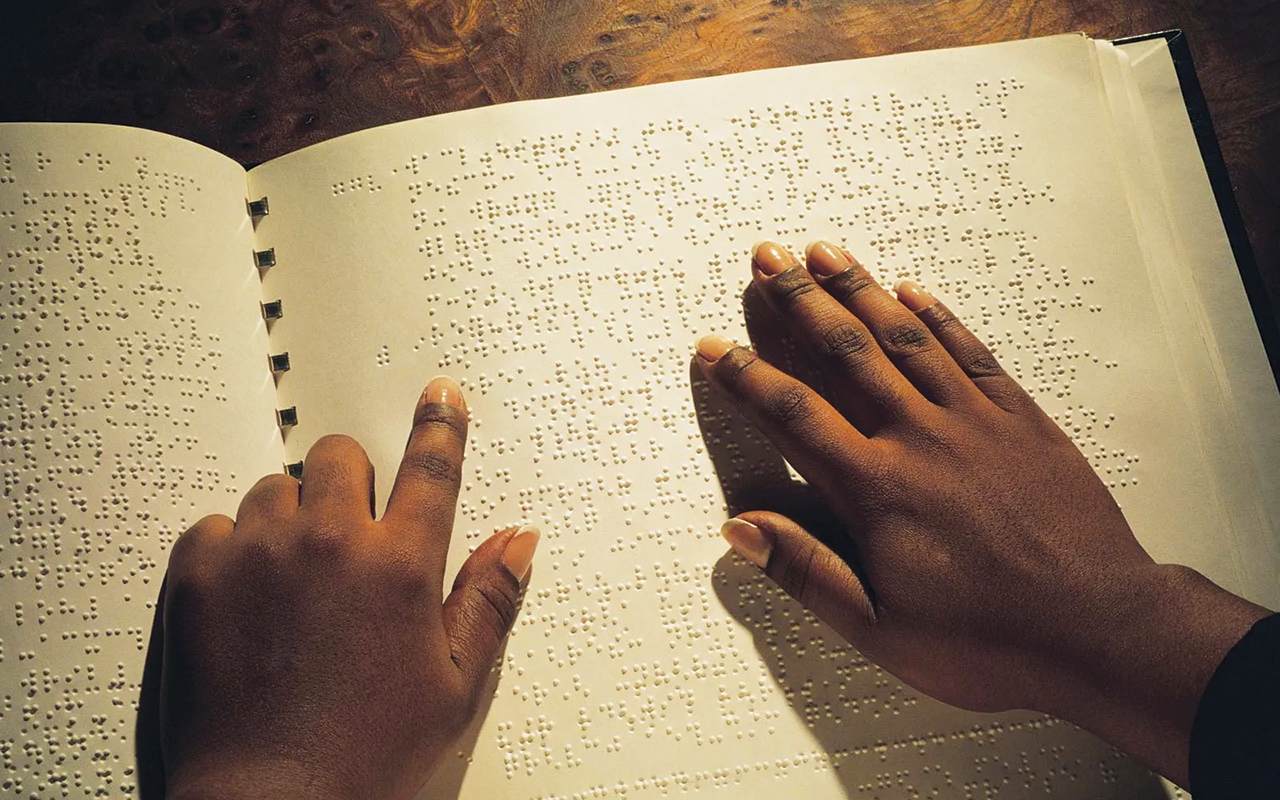
Ever recurring within the sanguine stream of Nigerian literary criticism is the volatile whirlpool of the ‘generational debate,’ which has monumentally constructed polemical signposts of the Nigerian literary canon. A dominant feature of this development is the assumption of the older generation(s) of writers as the revered custodians of the ideo-aesthetic ingredients of the Nigerian literary practice, which often makes room for the self-righteous condemnation of the efforts of the upcoming generation as peripheral.
This other (the castigated generation) often ‘writes back,’ subverting the cardinal pillars of the hegemonistic stance of the older. In this, the contentious dialogues around the Nigerian literary scene become what Jacques Derrida would most likely note as an aporia in the Nigerian metaphysics of literary presence, a scramble for representation and signifying which needs to be deconstructed.
This paper concerns itself with an appraisal of this generation-bent debate, with a particular assignment of interrogating the choleric and often cynical vilifying of the new Nigerian writer. It seeks to revise the marginal status of this latter generation constituting a group of ‘Unfortunate Children of Fortunate Parents’ (Biodun Jeyifo’s coinage and title of a paper which this paper’s title benefits from) by engaging in a postcolonial and gender-conscious reading of Akeem Lasisi’s Night of My Flight, identifying the latter’s seminal imaginative statements and discursive intents which, to a great extent, rupture the essentialist and minnowing positions of the older generations of writers and critics against the new.
Sundry Voices In A Castle Of Canon Making
That there has always been a set of Manichaean traits in the generational criticism of Nigerian literature is a fact that is as immanent as the tendencies of assigning authorizing signposts of what constitutes this literature are ever present, a procedure which evinces practices of discursive inclusion and exclusion.
In this regard, there often occurs a super ordinate, boundary-prescriptive ‘guarding’ of the ideo-aesthetic landmass of Nigerian writing by representatives of the previous generation(s), a development reminiscent of discursive ‘commentary’ which Michel Foucault observes as formulaic and ritualized, ‘things said ones and preserved because it is suspected that behind them there is a secret or a treasure’.
And very characteristically, the next generation interrogates the basis of this commentary, revising the considered gaps inherent in the reading(s) of the previous generation(s) along parameters, which are often repulsive to the latter. An example of this discursive warfare was that which raged between a cream of monumental figures of the first generation creative guild and members of the Ibadan/Ife and Ahmadu Bello University schools of imaginative and critical contemplations representative of the second generation, on matters involving linguistic realism, socio-cultural rootedness, political commitment and populist bearing which the latter accused the former of lacking in its creative assignment(s).
On their part, the first generation pioneers saw their successors as united in shallow and opportunistic pontificating. In an interview with Jeyifo, published in Contemporary Nigerian Literature: A Retrospective and Prospective Exploration, Wole Soyinka avers:
“Now this ‘generational divide,’ a lot of it of course, in ideological terms, a lot of it, you will admit is, a lot of blather. One disappointment which I’ve had in the, what you might call the new wave of writers, the ideologically inspired writers, is for me, a self-cocooning amongst themselves, a kind of conspiracy of comradeship…. And when I talk of “self-cocooning” I discover habits of protecting even the obviously dishonest amongst themselves… But as long as even within its fold the so-called ‘second wave’ ideological left insists on gathering strange birds under its umbrella and keeps a conspiracy of silence about the obvious shallowness, hollowness and opportunism, that is really the word, there will always be this seeming divide.”
The above instance of generational confrontation is indicative of the process and economy of canonizing. In David Clippinger’s apt submission, a canon is “a group of texts, authors, and /or artistic movements…considered representative of the particular interests and values of a discourse.” The battle for canonicity thus involves the negotiations of several subjectivities towards a representative or a set of representative literary templates. Clippinger argues, “The contestation over canonicity in contemporary culture has erupted as a result of the investigation into the institutional processes and procedures by which a text is elevated, deemed ‘art’ and hence canonized.”
Within the above framework, the new generation of Nigerian writers (constituting the third generational wave) may be succinctly described as excluded. Living within a grossly harassed socio-political reality of institutional corruption, nepotism and the atomizing blight of economic hardship, the bulk of new Nigerian writers are embattled within a riddled educational universe, the impossibly high cost of publishing, a depleted audience more drawn to film than to books and the inertia of spirited criticism in engaging with their literary wares.
In his paper referred to above, Jeyifo makes the following thoughtful remarks: “The very title of this address- ‘The Unfortunate Children of Fortunate Parents’- is a reflection of this grim historic fact that young people in general, but especially those in our tertiary institutions, and with regard to virtually all aspects of life chances, face daunting odds; they face material, psychological and spiritual disabilities that were simply unimaginable in my youth, in my years as an undergraduate and a postgraduate student. Any talk of inter-generational dialogue between respective generational cohorts that ignores these crucial factors is doomed to be stillborn.”
Jeyifo’s observation notwithstanding, the present generation of Nigerian writers has been predominantly demonized by an avalanche of criticisms by its older colleagues who (seem to) chose to be largely unconscious of the peculiar socio-political moment(s) of the contemporary Nigerian nation-state and the implications of these on the multiple thematic and aesthetic challenges the present generation of Nigerian writers faces. For instance, Charles Nnolim’s fascination with the salubrious postcolonial statements of the earlier generations of writers with regard to political nationalism, cultural retrieval and interrogation of the failed post-independence Nigerian society leads him to view the purported de-emphasis of these concerns by new Nigerian writers (a spurious reading in itself) as evidence that they ‘lack a clearly defined thematic focus’.
Does this remark suggest that the hallmark of a generation’s presence in a national literature is the inscription of a thematic metanarrative? For Niyi Osundare, despite the ‘hungry, enthusiastic, energetic’ attitudes of his younger craftsmen and women to their thematic and aesthetic burdens, they tragically evince a pathological enslavement to foreignness and the virus of “a hip hop hysteria in the present atmosphere.”
One wonders if ‘foreignness’ is really the peculiar problem of the new Nigerian writer when one notes the breath-taking manipulations of traditional oral resources by writers like Funsho Aiyejina, Ademola Dasylva, Remi Raji, Akeem Lasisi and several others, or if hip hop is necessarily pestilential to the production of a viable Nigerian work of art.
Femi Osofisan magisterially erects the ‘absence’ of the new Nigerian writer on the Nigerian literary canvas when he submits that if a roll-call of the writers/writings of the last decade were to be called, “it is almost certain that the response would be a blank stare’.
And Tanure Ojaide vehemently antagonizes the new Nigerian poet of imaginative aridity. In reaction to the latter’s flagrant disposition in comparing a new generation poet with Osundare, Remi Raji, a highly experimental poet of this embattled epoch, pursues: “You see, the problem lies in the inability of a proper critical fixation on the bulk of writings coming out. So, clearly this is even evident in the statement of Tanure Ojaide who is probably not sure of the identity of the writer he compares with Niyi Osundare. And to refer to writers of the new generation as copy-cats is the unkindest and uncritical thing I have ever read on the pages of our newspapers in recent time.”
The instances of the critical persecution aimed at the Nigerian writer of the new age depicted above signify an incident in which the terms for literariness are determined, organized and circulated by a network of codes, dispositions and practices authorized by a group or groups of grand authors who create meaning in their ironical decree of the death of the text and the end of textuality. This becomes the truth, ignoring and silencing any other perspective of imaginativeness, ideology or thematic concern running contrary to their ideological and aesthetic views. Their discursive truth echoes Peter Canning’s opinion when he says, “Truth can only be represented indirectly, ‘transcendentally’, by the empty (but universal, a priori, necessary) categories of understanding “filled with empirical intuitions.”
Thankfully, though, the present experimentations of the new Nigerian writer inscribe the Nigerian literary scene as a supple space for multiple imaginative possibilities, historical recollections, futuristic projections and thematic delineations encompassing both collective and individual concerns. As Sule Egya maintains, ‘it is hoped that studies in Nigerian literature will shift from the previous generations of writers to this most vibrant generation. A lot is happening in Nigerian literature today, and this calls for adequate critical attention’ (i-ii). It is in this spirit that this paper critiques the ingenious contribution(s) of Akeem Lasisi’s Night of My Flight to the rich corpus of Nigerian literature.
Creativity, Bridal Chant and Rhetoric of Reco(r)ding Akeem Lasisi may be described as the new generation poet-laureate of the oral memory and an imaginative archivist of the traditional Yoruba poetic tradition. Born in a family with a revered line of hunters in Oyo State of Nigeria, Lasisi was very early in life ‘initiated’ into the lores and life of the Yoruba traditional culture, immersing him in a literary cosmos which was later to fertilize his experimentations with the recreation of some of the oral poetic forms in writing and in the English language. Lasisi has also re-packaged these poetic forms in performances negotiated in English and Yoruba, re-creating their native flavours in (post)modern aesthetic contrivances. These have been staged both locally and internationally.
In an interview with Sylvester Asoya, Lasisi acquaints that “I have performed for individuals and corporate organizations. I had a memorable performance experience at the 70th birthday ceremony of the late Chief Bola Ige. After my rendition at the event in Ibadan, Ige embraced me for about five minutes and prayed fervently on me…Eventually, he described me in his post-birthday article as a “young wizard of Yoruba and English Poetry.”
Lasisi’s versatility in Yoruba oral poetry has informed some remarkable feats in his written creative career. His first collection of poems, IREMOJE: Ritual poetry for Ken Saro-Wiwa, won the ANA/Cadbury Poetry Prize of the year 2000. In it, he re-constructs and transforms Iremoje, a traditional dirge performed among Yoruba hunters in honour of their dead colleagues, into a socio-political commentary on the Nigerian state, lamenting, in particular, the felling of Ken Saro-Wiwa, the Ogoni leader who was assassinated by the tyrannical Sanni Abacha government in 1995. His second collection, Wonderland (2001), translates the Ijala poetic tradition of the same vocational group referred to above into a virile aesthetic tool of social-criticism, manipulating a dialogic motif(usual in traditional Yoruba poetry) to satirize and lampoon the institutional and bureaucratic contradictions of the Nigerian polity. His third collection, Night of My Flight, reclaimed the laurel achieved in 2000 by winning the ANA/CADBURY poetry prize of 2005.
This was to be followed by Ori Agbe (2005), a CD album of poetry in honour of Wole Soyinka. Though predominantly rendered in English, this latter effort may be appraised as monumental in fixing Yoruba orature within a postmodern medium of dissemination.
Indeed, Osundare acknowledges him as bard of the hearth, the home, the public sphere, and the hunter’s trail, no doubt the most culturally rooted and experimental poet of the new generation. Night of My Flight re-creates Ekun Iyawo, a genre of poetry performed in traditional Yoruba land by spinsters about to marry on the eve of their wedding.
TO BE CONTINUED






